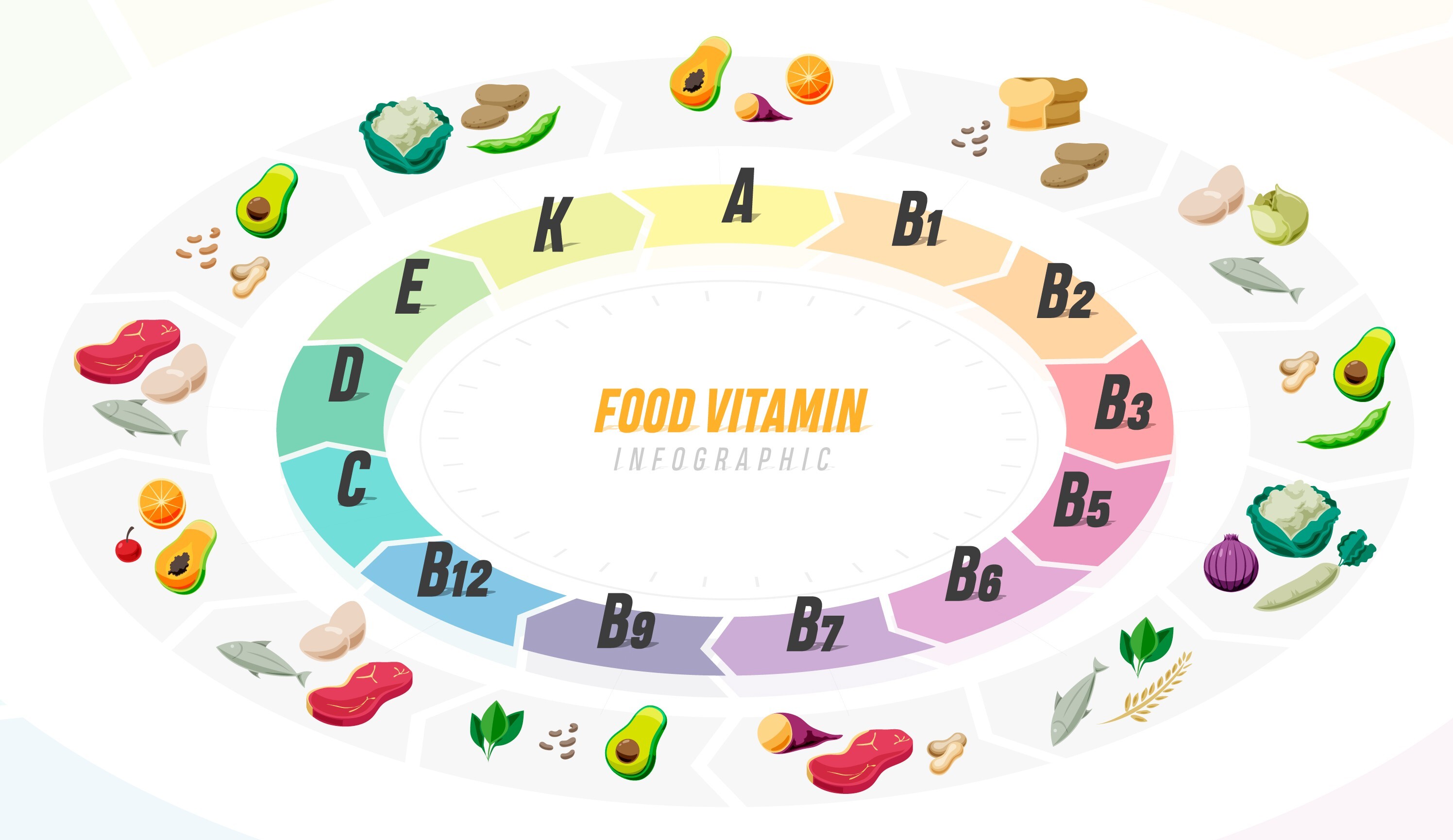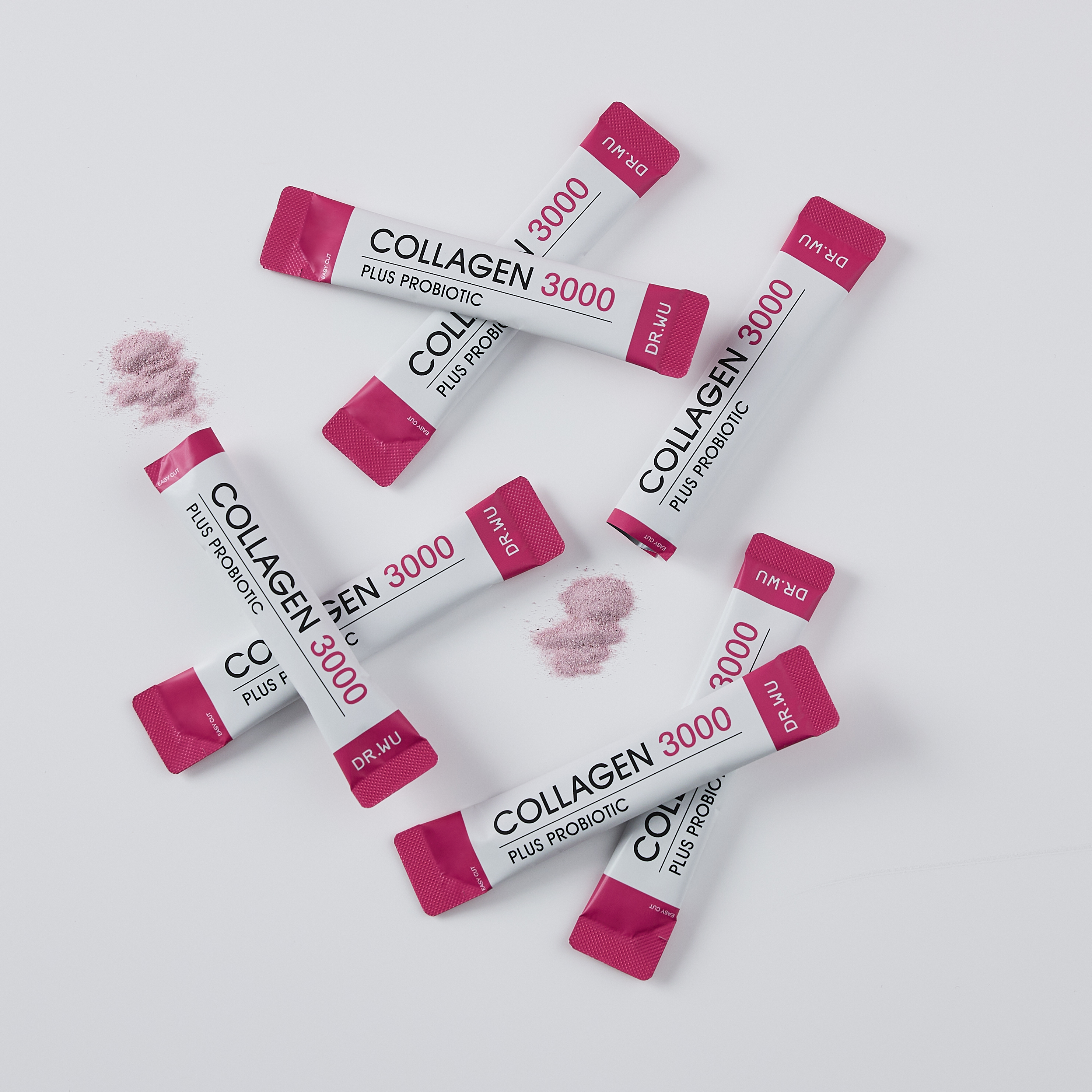Thinking about starting collagen supplements but still have questions? How long does it take to see results? How much should you take per day? Are there any precautions? Below, we’ve gathered the 9 most frequently asked questions about collagen to help you understand everything you need to know before getting started.
Q1: How Long Does It Take for Collagen to Work?
The effects of collagen aren’t immediate—it’s a gradual process. After supplementation, collagen is first broken down into smaller amino acids or peptides, which are then absorbed and used by the body to support collagen production and repair. Results can vary depending on factors like age, body type, lifestyle, and diet. On average, it's recommended to take collagen consistently for at least 1 to 3 months to start seeing noticeable improvements. For best results, combine it with a balanced diet, regular sleep schedule, moderate exercise, and a reduction in smoking and alcohol consumption to help support collagen's effectiveness over time.
Q2: How Much Collagen Should You Take Per Day?
The recommended daily intake of collagen is around 3,000 to 6,000 mg. If you're looking to target specific concerns, such as skin aging or joint health, you can slightly increase the dosage within a reasonable range. However, more isn’t always better. While collagen offers many health benefits, excessive intake won’t enhance the effects and may place unnecessary strain on your body. It’s best to stick to the recommended amount and focus on consistency for optimal results.
Q3: Can Pregnant and Children Take Collagen?
Yes, pregnant women can take collagen in moderation during pregnancy, as collagen is essentially a form of protein. However, it's important to choose products with clean, simple ingredients—free from artificial colors, flavors, or other unnecessary additives. Also, pay close attention to any additional ingredients in the formula to ensure safety during pregnancy. As for children, since they are in a rapid growth phase and naturally produce collagen efficiently, extra supplementation is usually unnecessary if they maintain a balanced and healthy diet.
Q4: Is There Plant-Based Collagen?
This is a common misconception! Strictly speaking, true collagen does not exist in plants—it’s a type of protein found only in animals. What’s often marketed as “plant-based collagen” usually refers to plant-derived nutrients that help support or stimulate the body’s natural collagen production, rather than actual collagen itself.
Q5: Are There Any Side Effects from Taking Collagen?
Collagen is generally considered a very safe supplement, and most people experience no side effects when taking it. However, individuals with allergies or sensitivities should pay close attention to the source of the collagen (e.g., marine, bovine, or porcine), as allergic reactions can occur in rare cases. Additionally, those with kidney issues or other medical conditions should consult a doctor before starting collagen supplementation to ensure it’s appropriate for their health needs.
Q6: Do Collagen Skincare Products Actually Work?
Topical collagen products often contain large collagen molecules that are not easily absorbed by the skin, meaning they mostly stay on the surface rather than penetrating into deeper layers. If your primary goal is hydration, you may get better results from skincare products that contain hyaluronic acid or ceramides, which are more effective at moisturizing and strengthening the skin barrier.
Q7: Can Collagen Supplements Be Used Long-Term?
Yes, collagen supplements can be used long-term. Collagen is a naturally occurring protein in the human body, and supplementing in appropriate amounts does not pose a burden to the body. With consistent use, it can help support skin, joint, and overall tissue health over time.
Q8: What Skin Types Are Collagen Skincare Products Suitable For?
Collagen skincare products are generally suitable for most skin types. To be safe, it’s best to start with gentle formulas that contain minimal ingredients, especially if you have sensitive skin. Then, based on how your skin reacts, you can adjust how often you use the product or combine it with other skincare items as needed.
Q9: Can collagen be consumed with milk?
Yes, collagen can be consumed with milk, and it’s actually a great combination! Warm milk not only helps to mask the potential fishy taste of collagen but also provides additional protein and calcium. However, it's important to keep the milk temperature below 40°C to avoid damaging the structure of the collagen with excessive heat.







